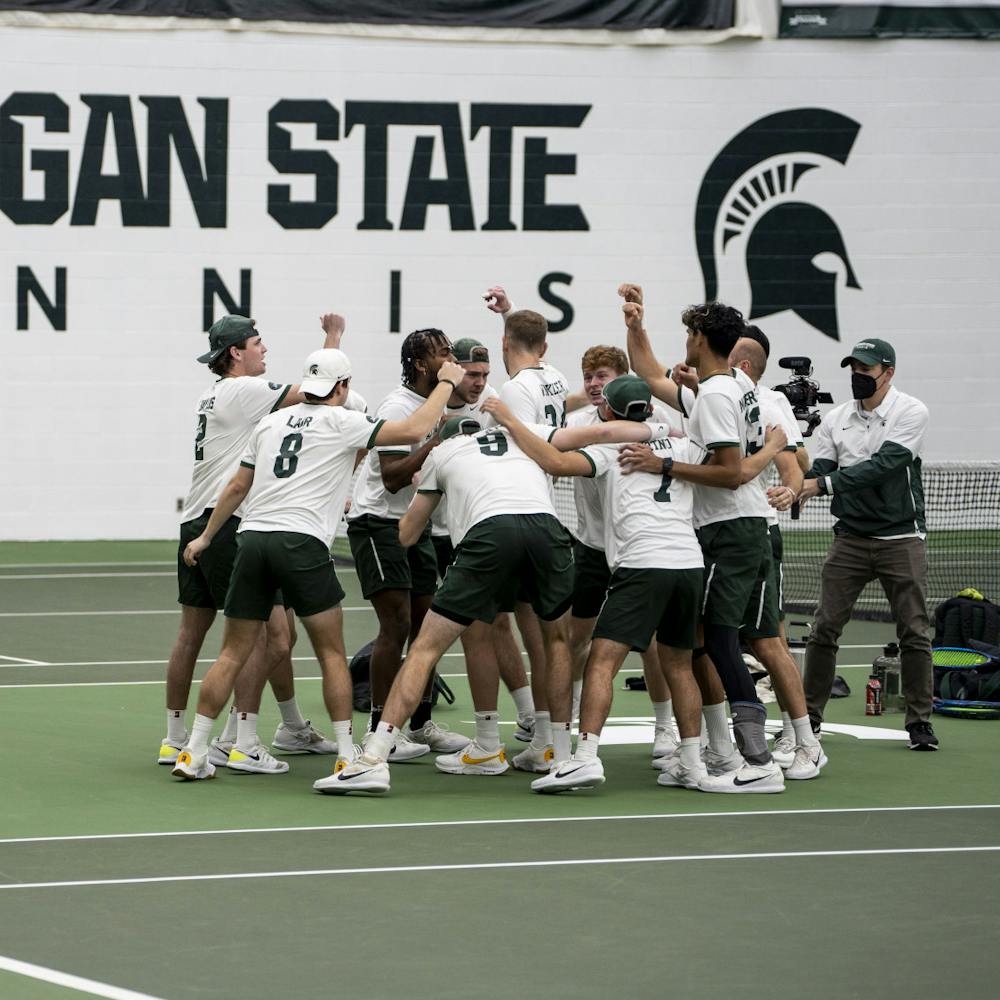Michigan pop drinkers may have to fork over extra cash for their carbonated drinks in the near future.
The increase in pop prices would come from a sales tax one local lawmaker wants to add to all bottled and canned soda pops.
Sen. Virg Bernero, D-Lansing, is introducing a bill to tax pop as well as another aimed at ridding K-12 public schools of soft drink vending machines.
The tax, which Bernero's spokesman Randy Hannam said could draw in about $100 million per year, would be used to ease the state's current budget crisis.
Bernero's vending machine bill would force schools to turn off vending machines during the day so kids in school would not have access to pop and other sugar-filled drinks such as some fruit drinks, Hannam said.
With the new tax, 73 percent of the money collected would go to the state School Aid Fund, which is used to fund K-12 public education in Michigan.
Twenty percent would go to local revenue sharing, which helps fund public service for cities such as East Lansing. Small percentages would be set aside for an AIDS health care program and a Bernero initiative aimed at promoting healthy food in school cafeterias. Remaining money would be added to the general fund.
Some pop drinkers say they wouldn't mind paying a few extra pennies for their drink.
Merchandising management senior Todd Sawyers said he thinks the tax is a good idea.
"There's a lot better things to drink than pop," he said. "They should promote juice or other healthier drinks, especially for kids in school."
Bill Lobenherz, representative for the Michigan Soft Drink Association, strongly opposes the legislation, saying it's bad public policy because soft drink sales could drop.
The 6 percent tax increase could cause sales to drop anywhere from 1.4 to 2.5 percent, Lobenherz said.
"Ninety-nine percent of soft drinks are bottled right here in Michigan, in our bottling facilities, by Michigan workers, transported by Michigan distributors," he said "Soft drinks are a made-in-Michigan product. Why put a tax on that?"
Lobenherz also said the tax would be unconstitutional because the Michigan constitution prohibits sales tax on food not for immediate consumption. Food purchased at places such as grocery stores is not taxed, whereas food at restaurants is taxed with the 6 percent Michigan sales tax.
Bernero said it's up to legislators to determine what is classified as food. He said pop doesn't have any nutritional value and he does not view it as a food.
"The issue is health care and the average teen gets 50 percent of sugar from soda pop alone," Bernero said. "When you look at obesity and sugar diabetes, soda pop is the biggest offender."
Thomas Giblin, superintendent for East Lansing schools, said he isn't sure if he agrees with turning off pop machines in the district. Contracts from vending machines fund field trips, speakers and sporting events in the public schools, Giblin said.
"Kids are pretty wise consumers today. I think we underestimate them a lot." he said.






